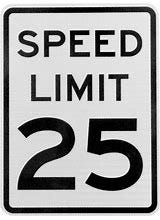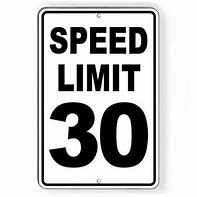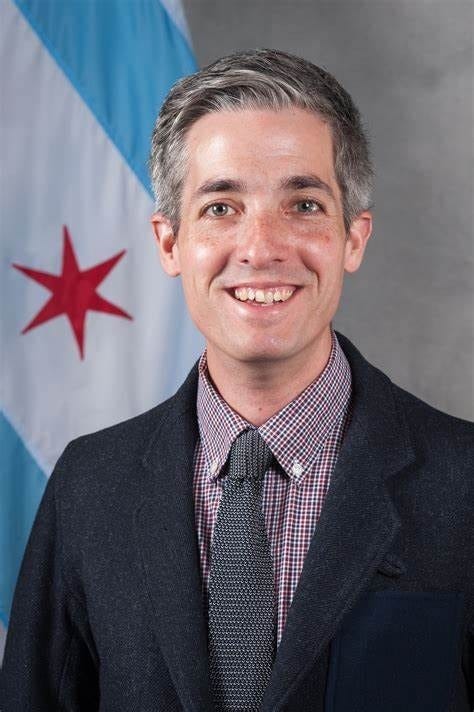Show us the numbers to prove speed limit change is not just a money grab
La Spata's claim regarding saving lives doesn't add i[
https://pollworker.chicagoelections.gov/
Odds are if you randomly selected 100 Chicagoans from different sections of the city and asked them to identify the two most prevalent issues in the city, odds are few, if any would name our default speed limit of 30 miles per hour.
However, second term Alderson Daniel La Spata sees things differently. The First Ward alderperson is the sponsor of an ordinance to reduce the speed limit from 30 miles per hour to 25 mph. The proposed legislation is currently in limbo, as shortly after introducing it, La Spata yanked it back, He offered he will reintroduce it before year’s end
Even though the Chicago Police Department is significantly down in the number of cops available for patrol; the City is staring at a $1 billion budget deficit next year, and Mayor Brandon Johnson has an approval rating lower than the White Sox win streak; La Spata runs a five miles per hour speed limit drop up the flag pole. Informal and initial reaction is the move is nothing more than a money grab approximately 2,000 officers short of its optimal level, First Ward Alderman Daniel La Spata wants those who are still on the job spending more time writing traffic tickets than chasing criminals-that is the only logical conclusion available with the pending ordinance the second=term alderperson has offered.


.
La Spata has proposed reducing Chicago’s default speed limit to 25 miles per hour from the current30 mph.
Lowering the speed limit will save lives, La Spata argued. However, safety organization Brake maintains the greater the speed between 20 and 30 mph can result in more serious injuries, but not necessarily death. What the alderman is missing from his contention is factors such as whether the hit was lateral or head-on; the type of surface on which the victim lands; as well as the weight of the vehicle.
It is a quandary why La Spata didn’t mention how prevalent, if at all, this problem exits in Chicago. The only concrete number which has been offered is the $3 million it would take to replace current signs with ones with the lower speed limit.
If the alderman is successful in getting his ordinance passed, the question of enforcement must be addressed. On the surface, such a rule could justify CPD officers stationing themselves at high traffic areas spending the day writing tickets to drivers motoring along at a blistering 28 miles per hour, instead of patrolling their assigned sectors.
History tells us disproportionate number of tickets will be issued to drivers in Black communities; and in communities where another unexpected bill will definitely be a burden on families. Of course, when they can’t pay the fines start accumulating. What sort of punitive action will they face when that happens?
Most likely as this measure progresses, if it progresses, environmental experts will share with us whether the lower speed contributes to air pollution as vhicles with have to travel longer to get to their usual destinations,
The alderman also will need to explain how these speeding tickets will impact a driver’s license with the Illinois Secretary of State.
La Spata is also calling for a working group to identify ways to lessen the burden of tickets and fines on those least able to afford them.






